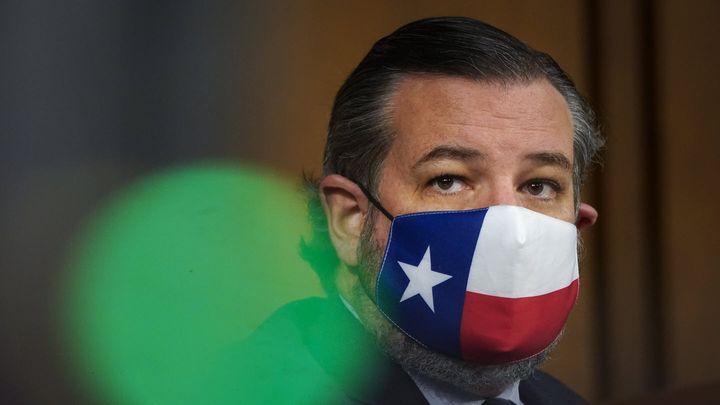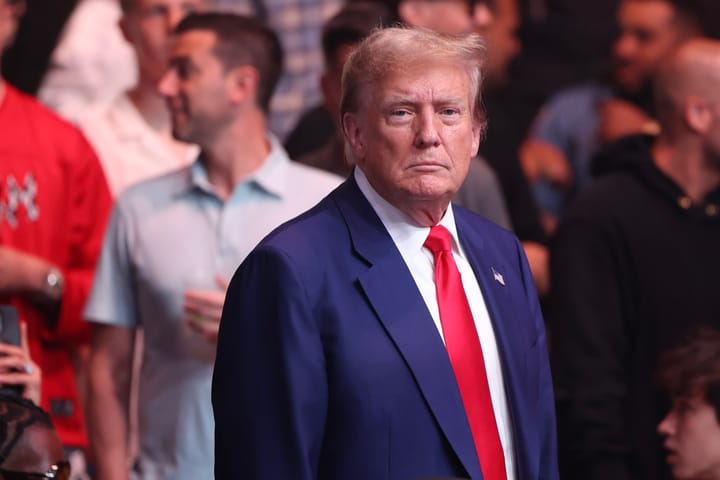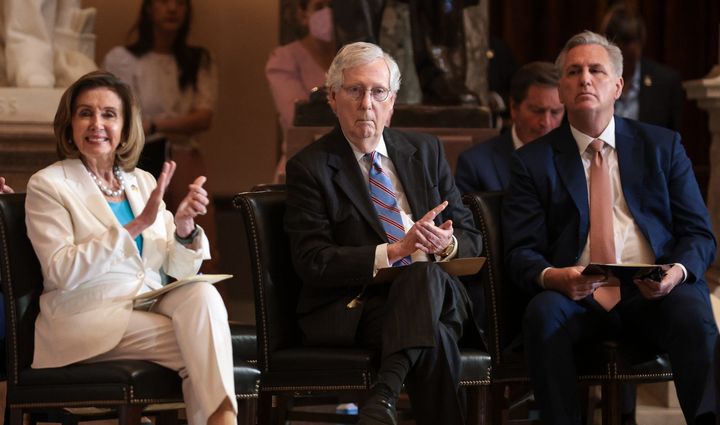The Supreme Court ruled this week to strike down a 20-year-old provision of federal campaign finance law and allow candidates to personally pocket unlimited amounts from private donors to repay themselves for money they have lent their campaigns.
Since 2002, federal law had prohibited candidates from repaying themselves more than $250,000 per election from their campaigns with funds they raise after the date of their election. Regulations promulgated by the Federal Election Commission (FEC) under that law, the Bipartisan Campaign Reform Act commonly known as McCain-Feingold, allowed candidates to repay portions of loans over $250,000 with pre-election funds within 20 days after the election, but any amount not repaid within that window had to be treated as a campaign donation that could not be repaid at a later date.
The Supreme Court decision wiping out these rules came in a case brought against the FEC by Sen. Ted Cruz. In 2021, the D.C. Circuit Court had sided with Cruz in determining that the limit “burdens political speech and thus implicates the protection of the First Amendment,” and the Supreme Court, in a 6-3 decision written by Chief Justice John Roberts, agreed.
“The loan-repayment limitation abridges First Amendment rights by burdening candidates who wish to make expenditures on behalf of their own candidacy through personal loans,” Roberts wrote. “This burden is no small matter. Debt is a ubiquitous tool for financing electoral campaigns, especially for new candidates and challengers. By inhibiting a candidate from using this critical source of campaign funding, Section 304 raises a barrier to entry—thus abridging political speech.”



